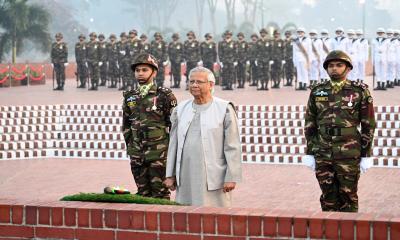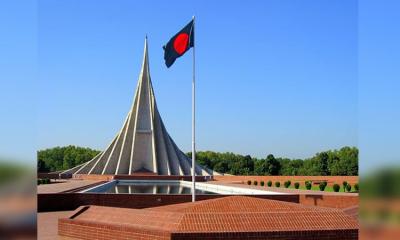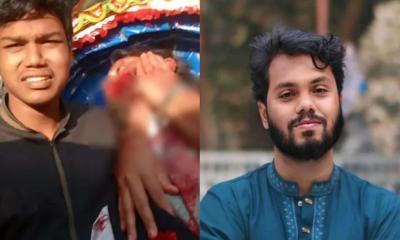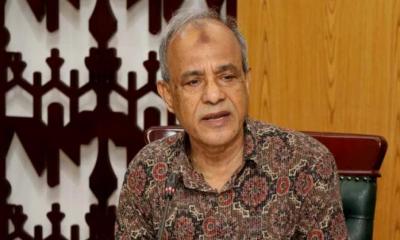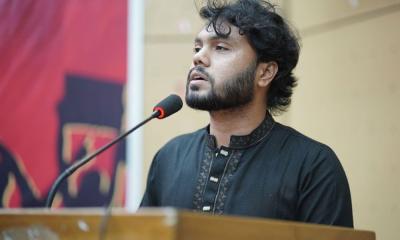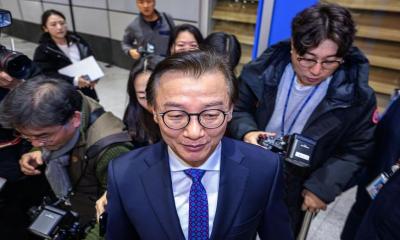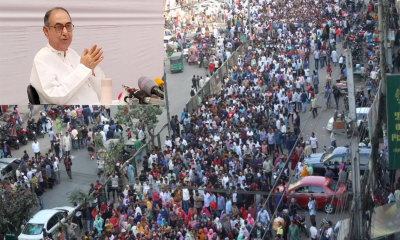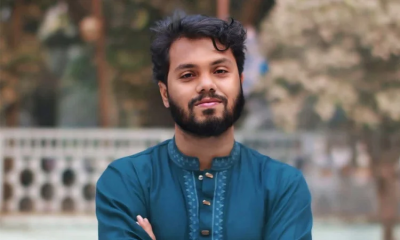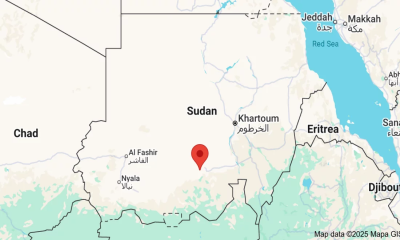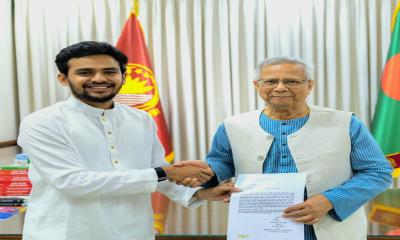The world has witnessed hundreds of national leaders in different countries. But very few became immortal by dint of their idea, philosophy and struggle for people’s freedom. The Father of Bengali nation, Sheikh Mujibur Rahman is unique in this aspect. He not only led the whole nation towards the freedom but also shaped their fates with his prudent political and economic philosophy that he acquired through understanding the people’s sufferings and needs on his struggles for people’s rights. Thushe came up with a new idea of running the state called Mujibism.
Bangladesh achieved its much-awaited independence on December 16, 1971, after a nine-month Liberation War under the leadership of Bangabandhu Sheikh Mujibur Rahman. The seven-crore Bengali people finally got free from discrimination, exploitation and repression of the Pakistani with the abolition of nearly two-decade-long slavery. But there was no way to reach the economic and social benefits of independence at doors to doors of the war-torn country’s people. The architect of the independent country and the Father of the Nation, Bangabandhu Sheikh Mujibur Rahman, while addressing his first public rally after coming home on January 10 in 1972. said: “I dream that people of Bengali will live happily in the free air with everything they need to have.” He announced to build the country in the same way as the nation brought independence with the spirit of nationalism under his leadership. He also hinted at the structure of the new state, saying: “Bangladesh will be an ideal state. And it will not be based on any religion, rather the base of the state will be – democracy, socialism and secularism.”
The national parliament adopted the Constitution with four principles, including nationalism, democracy, socialism and secularism. Bangabandhu aimed to introduce Bangladesh before the world with these four main pillars. The explanation Bangabandhu gave regarding these principles were new and very innovative. This philosophy of building a humanitarian and self-reliant state following the victory with the key principles of independence is known as Musibism.
An Empirical Philosophy from A Long Struggle for Freedom
Though the term ‘Musibism’ got familiar after the Liberation War, its root was in the very deep in the overall spirit of Bengali culture. Bangabandhu did not add these four principles whimsically in the Constitution. Rather, he gathered those ideas based on his long experiences from the British exploitation of the English regime in his childhood and teenage, and later Pakistani repression, movements for freedom and long-term jail life in his young age. Bangabandhu wanted to bring smile to the faces of the poor Bengali people by adding the four principles in the state’s Constitution. Bangabandhu throughout his struggles often mentioned one thing – he wanted to establish the democracy of the exploited. This is why he combined the two ideas – democracy and socialism – together to establish the democracy of the exploited. And thus, for the first time in the world, he took steps to run the country in a socialistic economic process in a democratic structure of the state.
To continue the democratic practice, he held a general election after the independence even though he won 167 seats of 169 in the 1970 election for a five-year term. He devoted the whole year of 1972 to restore the communication system and other building other necessary infrastructures and formulating the Constitution. Then he arranged a general election on March 7 in 1973 where the people of Bangladesh also chose the Awami League - winning 293 of 300 seats. The cabinet was full of people’s representatives from Awami League, and they could have done unanimously for the next five years whatever they had liked.
But without doing that and instead of running the country in name of just democracy, Bangabandhu wanted to implement a socialistic economic approach to ensure a discrimination-free life of 80 per cent of Bengali rural people. He nationalized the jute mills soon after the independence. But due to some extreme leftist organizations, a portion of derailed young generation from the freedom fighters and the anti-liberation forces created obstacles in every step Bangabandhu took. They killed several thousand people, including four Awami League lawmakers (MPs) in the first three years of independence. Even the Sarbahara Party, Maoists and Jasad activists looted 1,500 markets, nearly 50 branches of banks, 40 police stations and circles. Also, the extremist forces blasted the control room of the Ghorashal Fertilizer factory. Amid such backdrops, natural calamities, international conspiracies and the rise of a middle-men tout group caused a famine, leading to an anarchic situation with the deterioration of law and order across the country.
Under such backdrops, Bangabandhu announced a general amnesty to normalize the situation and called for a second revolution. With the approval from the national parliament and following the constitutional procedure, Bangabandhu formed Bangladesh Krishak Sramik League (BAKSAL) in 1975 to decentralize the state mechanisms and reform the land and agricultural system. He divided the country into 61 districts and appointed a governor for each district. Also, the administrative and judiciary system was about to start in every district and upazila. But before implementing his vision, the architect of the nation was brutally killed by a group of anti-liberation forces.
Every district of Bangladesh would have been developed like Dhaka and Chattagram had the system been implemented. The hub for business, commercial and government services would have been in every district town, all the upazila would turn into a developed city, there would have been no discrimination between village and town, and marginal people would have exercised democratic practices and enjoyed the same facilities as people in the big cities did. There would have been a court in every upazila level to ensure justice for all and maintain law and order. People would have been freed from discrimination based on religion, races and gender. There was also an initiative to distribute land among half of the country’s landless people by reforming the land system to establish equity. The process to increase the production three times higher through cooperative system and modernization of agriculture was underway. Bangabandhu wanted to bring smile upon the faces of crores of distressed Bengali people permanently by nationalizing mills and factories and reforming the land system.
Socialism in Democratic System is Unique in Musibism
Bangabandhu explained the inclusion of democracy and socialism together in the Constitution. He said: “The basic human rights and democratic rights of 95 per cent people in the society, who are mostly peasants, workers and ordinary people, have been deprived in the loopholes of traditional democracy due to corruption, injustice, repression and fraudulence. By real democracy, I understand such a political system where greater welfare will be ensured for the majority part of the people. So, I think the other name of real democracy is socialism and real democracy lies in socialism. That is why I have talked about establishing socialism in the democratic process. I think there is no conflict between real democracy and socialism.”
Bangabandhu narrated the coexistence between democracy and socialism from his personal point of view. He made it clear that he did not want such socialism as of China or Russia, or as defined by Lenin, Marx, Engels or Mao Tse Tung. Rather, he called for his own style of socialism, which he termed as the democracy of the exploited. He said: “The socialism of Bangladesh will be native and democratic socialism. We believe in democracy. Those elected by the people will form the government. The source of power is not the arms but the people.”
Since his early life in a remote area, Bangabandhu observed the lives of the farmers and working-class people very closely. So, he always thought of improving the lives of these people on his journey to struggle for the people’s freedom from Pakistani exploitation. And people too kept trust in him and voted for his party. The dream that Bangabandhu upheld for a discrimination-free society in the combination of democracy and socialism is a unique characteristic of Mujibism, and it did not come suddenly but through phase by phase of Bengali’s movement for independence. To materialize his dream, Bangabandhu said: “I will show the whole from this Bengali land that I will establish socialism through democracy.”
Secularism Means Uprooting Extremism for Harmony
Young Sheikh Mujib was staying in Kolkata for study before the partition and witnessed the violence during communal riots in 1946 very closely. Even he saw the betrayal of Pakistan in name of religion and the pale faces of the deprived Bengali people after the partition. So, he remained vocal always for keeping religion from politics for avoiding its misuse.
He spoke about building a state with religious harmony during the 1954 United Front (Jukto Front) election and manifesto and rallies during the 1970’s general election. Among other goals, he also set for establishing such a society while forming BAKSAL. Bangabandhu’s philosophy was to build a strong Bangladesh with people from all religion where nobody can divide the nation and ruin the thousand-years old peaceful coexistence by using religion.
In 1975, Bangabandhu also defined secularism in the parliament saying: “Secularism is not the absence of religion. The seven and a half crore Bengali people have their rights to perform religious activities. We do not and will not ban religion by enacting the law. The Muslims, the Hindus, the Buddhists and the Christians will perform their respective religions. Nobody can interrupt one another. But nobody can use religion as a political tool. We have seen fraudulence in name of religion, exploitation in name of religion, dishonesty in name of religion, and oppression in name of religion for 25 years. Religion is a very holy thing. Holy religion can no longer be used as a political tool. The constitution has made arrangements to protect the religious rights of seven and a half crore people through secularism.”
Nationalism Units the Bengali Nation
Bangabandhu inspired the nation with the spirit of nationalism through waging the movement for language in 1948. Later, nationalism spread throughout the country during the 1959 Language Movement and the 1962’s Education Movement. Bangabandhu treated the Bangla language and Bangla culture as the base of Bengali nationalism. Therefore, founding the existing cultural traditions of the Bengali nation who woke up with the language movement was one of the key visions for Musibism. Bangabandhu, in one of his speech after the Liberation War, called for ensuring Bangla language everywhere. He also played a crucial role to internationalize the Bangla language by delivering his speech in Bangla at the United Nations General Assembly on September 25 in 1974. As a President, he also issued a circular introducing Bangla as his official language on March 12 in 1975.
Bangabandhu termed his historic Six Point charter as the charter of freedom for the Bengali people. He ran from villages to villages across the country to make people aware of their demand that he articulated in the Six Point charter. As a result, people woke up with the spirit of nationalism, vowing to resist Pakistani’s economic exploitation and demand for an autonomous land in line with the Six Point demand. However, the Pakistani military junta tried to foil the movement by arresting Bangabandhu, but in vain as people from all walks of lives resisted heavily, creating a mass upsurge and forcing the resignation of the then military chief Ayub Khan. The demand for the freedom of the Bengali nation was getting momentum with time, resulting in a massive victory for Awami League in the 1970’s general election. The party won 260 seats of 262 in national constituent and 288 seats of 300 in provincial constituent under the charismatic leadership of Bangabandhu. His party also continued the victory in 1973’s general election, winning 292 seats of 300 with the same ‘boat’ symbol.
The nationalism of Bangabandhu did not grow overnight, rather the seed was sowed in his teen mind from the anti-British movement leaders. Later, he spread it out across the Bengali nation by waking the nation up to get free from Pakistani exploitation, bringing landslide and historic victory in the 1970’s general election, and finally asking people to build the fort at every house to resist Pakistani forces for the War of Liberation.
Bangabandhu was politically very conscious since childhood, and it made him unique and different from other politicians in his mature age. He was influenced by the life and struggle of Swadeshi movement leader Principal Purna Das. Even teen Mujib was inspired when rebel poet Kazi Nazrul Islam sent a poem titled ‘Purno-Abhinandon’ dedicating to Purna Das. He adopted the term ‘Joy Bangla’ from the poem as the spirit of Bengali nationalism. Also, anti-British movement leader Hamid master used to teach him in 1937. In addition, he was impressed with the ideology of Subhash Bose since then. Later, he spent time with people across the country and finally appeared as the sole leader of Bengali nationalism. Bangabandhu accomplished the task in 1971 that the veteran leaders could not do during the partition of Bengal. He is the one who brought the long-cherished independence for the nation, and so he knew that only the spirit of nationalism could help the war-torn nation rise its head upright in the world.
Principle of Freedom
Basically, Musibism is the political philosophy of Bangabandhu that he achieved throughout his life and struggle in context with the emergence of Bangladesh and its journey towards an exploitation-free and equity-based society. He united the whole seven crore Bengali people and brought the country’s independence, and tried to reach its benefits at every door of the people based on this ideology. So, Musjibism is nothing but the principle of the freedom of the Bengali nation.
The writer is a poet and member of the National Poetry Council





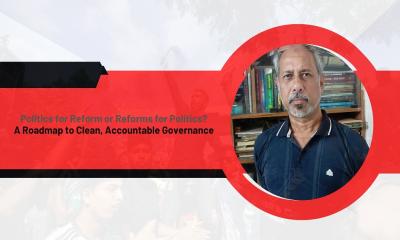

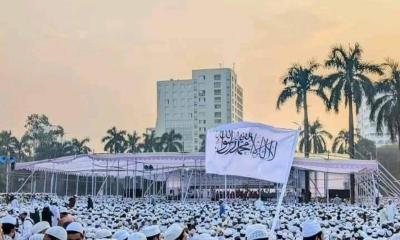

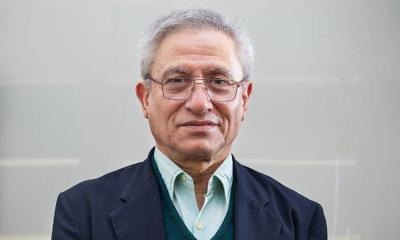



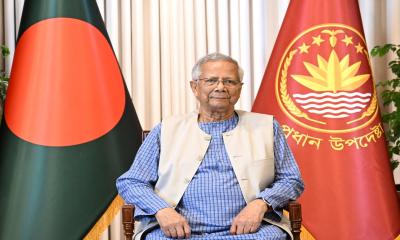
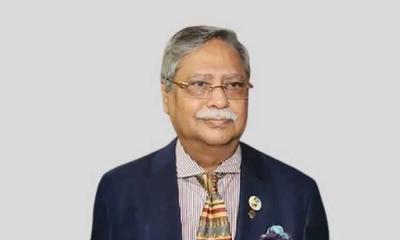
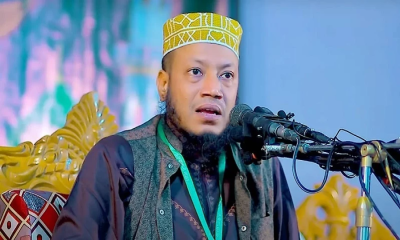
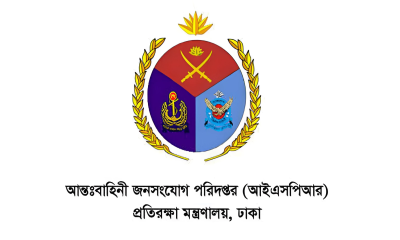
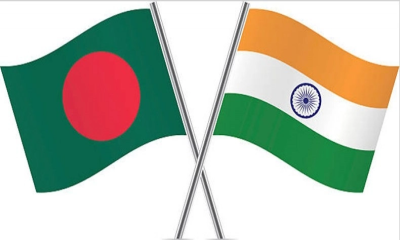
-20251216092417.webp)
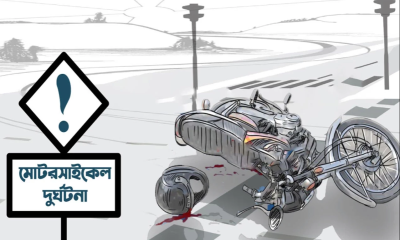
-20251216090625.jpeg)

-20251216054240.jpeg)
